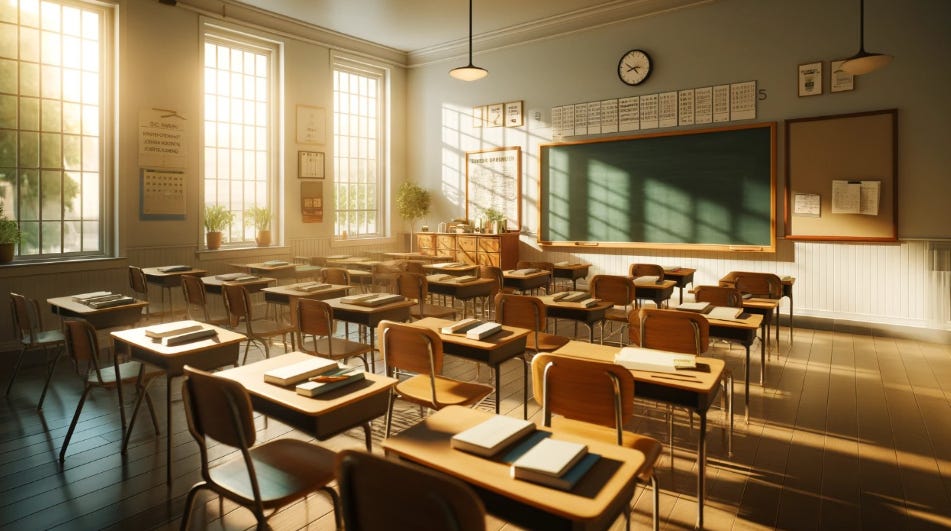NC House Bill 10: Weighing the Impact of Proposed School Voucher Funding
Bill prompts both support and concern from lawmakers, educators, and families.
Holly Springs, NC, Nov. 14, 2024 — North Carolina House Bill 10 (HB10), a significant legislative proposal, aims to reallocate $400 million from the state’s public school budget to fund school vouchers for private school tuition. As the bill progresses through the state legislature, it has prompted both support and concern from lawmakers, educators, and families, who are debating its potential impact on public education and educational choice in North Carolina.
Genesis and Current Status of HB10
Introduced earlier this year by a coalition of Republican legislators, HB10 was designed to expand school choice by providing families with funding to cover part of private school tuition costs. In April, the bill passed in the North Carolina House, drawing support from members who argue it promotes educational freedom. HB10 is now in the Senate Education and Higher Education Committee, where it faces a final round of debates and possible amendments. A Senate vote is expected by December, which will determine whether the bill advances to Governor Roy Cooper for potential approval.
Support for HB10
Supporters of HB10 argue that it offers families, particularly those from low- and middle-income backgrounds, greater flexibility in choosing educational options that best fit their children’s needs. Advocates say that access to private schools could offer students smaller class sizes, specialized programs, and unique curriculums that public schools may not provide. “HB10 offers a pathway for families to seek the best fit for their children’s education,” stated one legislator supporting the bill. Proponents also believe that increased competition could drive public schools to improve services and be more responsive to families’ needs.
Concerns About HB10
Opponents, however, raise concerns that pulling $400 million from the public school budget could further strain the state’s already challenged public education system, which serves around 85% of North Carolina’s students. Critics argue that diverting funds could widen resource gaps, particularly in rural and low-income areas where private school options are limited or non-existent. They point out that the burden of filling resource gaps in public schools would increase if HB10 passes.
Additionally, critics argue that the vouchers may disproportionately benefit wealthier families, as many private school tuitions exceed voucher amounts, leaving a considerable portion to families’ finances. They also note that private schools are not held to the same accountability and performance standards as public institutions, which could limit the effectiveness of educational outcomes for students using vouchers.
As HB10 awaits a vote in the Senate, North Carolina’s educational community remains divided. Lawmakers are closely monitoring the debate, aware that the bill’s potential passage or rejection could reshape the state’s education funding landscape and have lasting implications for both public and private school systems.
You can access the full text of North Carolina House Bill 10 (HB10) on the North Carolina General Assembly's official website or by clicking here. The bill's page provides comprehensive information, including the complete text, summaries, and its legislative history.

